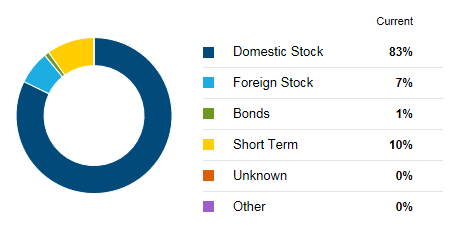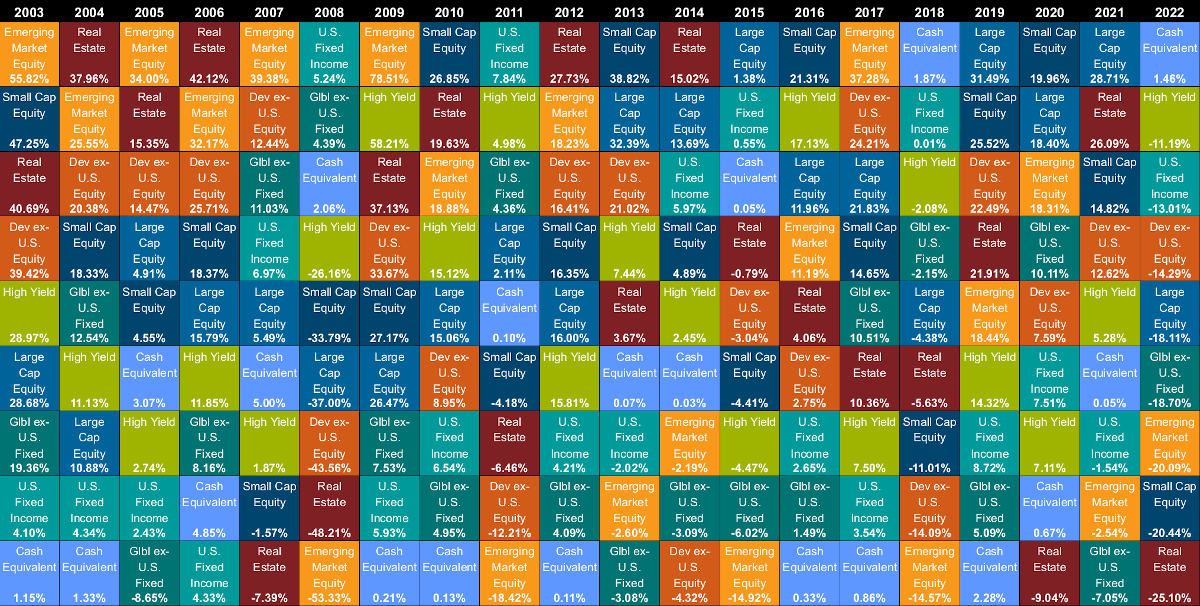NW-Bound
Give me a museum and I'll fill it. (Picasso) Give me a forum ...
- Joined
- Jul 3, 2008
- Messages
- 35,712
Based on 2016 full year time weighted average, inclusive of dividends, margin interest and all brokerage fees and excluding the impact of any additions or withdrawals from principal, I was up 10.4% versus 11.9% for the benchmark SP 500.
So I failed to 'beat the market' this year.
Big reason was a very weak start to the 2016 where at one point I was down 18%. I spent the rest of the year trying to catch up but didn't quite make it.
Biggest loser was trying to play mini arbitrage on the failed HAL - BHI merger.
Biggest winners were the energy names - APC, PXD and CXO - which rallied strongly in the second half.
2017 is another year - starting out well, lets see how it goes.

Early in 2016, you lost about 2.5x the drop of the S&P. That was surely stressful.
.



